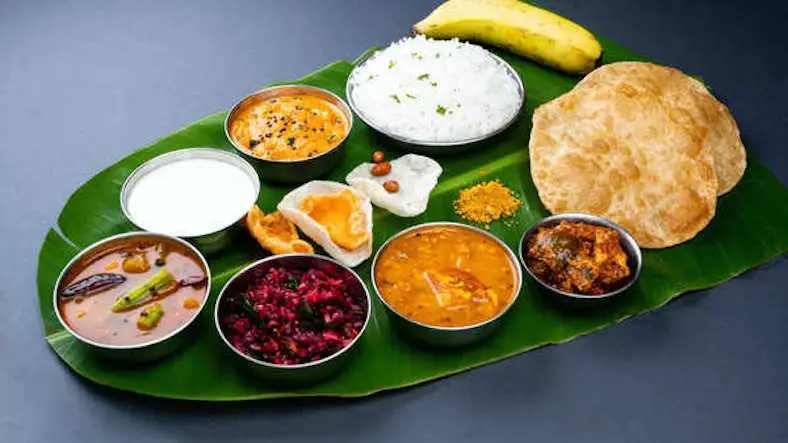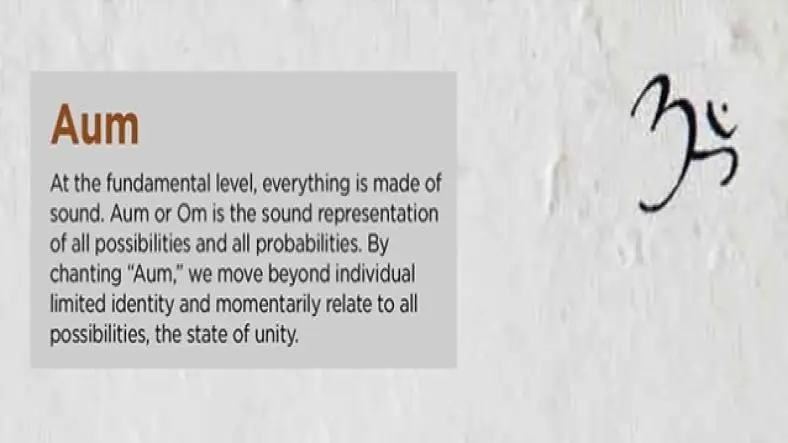Vedic hymns, also called "suktas" are important parts of the Vedas, which are ancient scriptures of Hinduism. Written in early Sanskrit, these hymns are not just poems; they represent the spiritual, philosophical and ritual aspects of Vedic traditions.
This article looks at the nature of Vedic hymns, how they are composed and their significance in rituals, philosophy and culture.
Composition and Structure of Vedic Hymns
1. Structure
- Verses (Mantras): Vedic hymns are made up of verses known as "mantras", which follow specific rhythmic patterns. These rules show the care taken in the Vedic oral tradition.
- Metres: Different hymns use various metres like "Gayatri", "Trishtubh" and "Anushtubh" each with its own syllable patterns. The metre often matches the hymn's purpose.
2. Language
- Sanskrit: The hymns are written in Vedic Sanskrit, an ancient form of the language. This language was chosen for its sacred qualities, believed to enhance the power of the hymns.
3. Content
- Divine Invocation: Many hymns call upon different deities and cosmic forces, such as Agni (the fire god), Indra (the king of gods) and Varuna (the god of order). These invocations aim to please the deities and seek their blessings.
- Cosmic Themes: The hymns often discuss grand themes like the creation of the universe, the nature of existence and the balance of natural forces.
Significance of Vedic Hymns
1. Ritualistic Importance
- Sacrificial Rites: Vedic hymns are essential for performing sacrifices (yajnas) and rituals. Proper recitation of these hymns is believed to ensure the rituals are effective, connecting humans to the divine.
- Performance: Priests chant the hymns during ceremonies, daily offerings, seasonal festivals and major sacrifices. Correct pronunciation and intonation are crucial for their effectiveness.
2. Philosophical Insights
- Cosmic Order (Rta): Vedic hymns express the idea of rta, which represents cosmic order and truth in the universe. They explore divine principles and their connection to human actions.
- Theological Concepts: The hymns discuss important theological ideas, like the nature of deities and human existence. These concepts influenced later philosophical thoughts in Hinduism.
3. Cultural and Historical Value
- Preservation of Knowledge: Vedic hymns keep ancient knowledge about the universe, society and religious practices. They provide insights into early Indian civilization and its worldview.
- Oral Tradition: These hymns were passed down orally for generations, highlighting the advanced memory techniques of the Vedic culture and the importance of oral tradition in preserving religion and culture.
4, Linguistic and Literary Significance
- Sanskrit Development: The hymns played a role in the evolution of Sanskrit literature. They showcase early poetic and grammatical complexity, influencing later literary traditions.
- Literary Forms: The hymns use various literary techniques, such as metaphor and symbolism, enriching the literary tradition and laying the groundwork for future works.
Impact on Hinduism and Beyond
1. Influence on Later Texts
- Upanishads and Epics: The philosophical ideas in Vedic hymns greatly influenced later Hindu texts like the Upanishads, Bhagavad Gita and epics (Mahabharata and Ramayana). Many concepts from the hymns are further explored in these texts.
- Puranas and Smritis: The ideas and rituals from the hymns are reflected in the Puranas and Smritis, providing broader cultural and religious contexts for Vedic practices.
2. Contemporary Relevance
- Ritual Practice: Vedic hymns are still recited in various Hindu rituals and ceremonies, maintaining their traditional role in religious practice.
- Spiritual Reflection: The hymns serve as a source of spiritual insight and inspiration for practitioners, showing the continuity of Vedic traditions in modern Hinduism.
Conclusion
Vedic hymns are more than ancient texts; they are essential expressions of early Hindu spirituality and philosophy. Their careful composition, ritual importance and philosophical depth highlight their significance in the Vedic tradition and their lasting impact on Hindu thought and practice. By studying Vedic hymns, we gain a deeper appreciation for the foundations of Hinduism and the rich cultural and spiritual heritage they represent.















